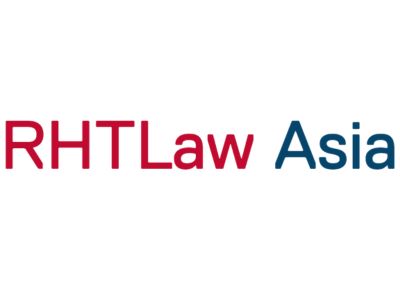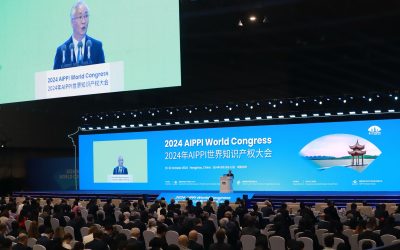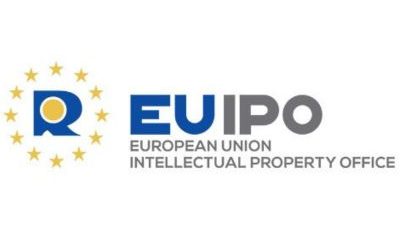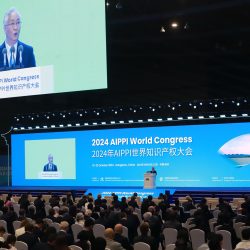On January 24, 2024, Google LLC settled a patent infringement lawsuit over computer chips that power its artificial intelligence (AI) technology. The settlement comes the same day that closing arguments were scheduled to begin in a trial on the lawsuit by Singular Computing LLC.
Background
Singular Computing sued Google on the basis that Google’s Tensor Processing Units (TPUs), a computer chip design specialized for AI applications, had infringed Singular Computing’s patents.
As described by Google itself, Google Cloud TPUs are “custom-designed AI accelerators, which are optimized for training and inference of large AI models. They are ideal for a variety of use cases, such as chatbots, code generation, media content generation, synthetic speech, vision services, recommendation engines, and personalization models, among others.”
Singular Computing’s patents claim improvements relating to Low-Precision, High Dynamic Range (LPHDR) processing systems. Compared to normal computer processing architectures, LPHDR systems trade precision for improved computational efficiency. This makes LPHDR systems particularly useful for AI systems, which are more robust and do not require as high a level of precision as other resource-intensive computations.
The claims of infringement
Singular Computing claimed that Google incorporated its technology into processing units that support AI features in Google Search, Gmail, Google Translate, and other Google services.
The 2019 lawsuit stated that Joseph Bates, the founder of Singular Computing, shared his inventions with Google between 2010 and 2014. It argued that Google’s TPU copied Bates’ technology and infringed two of its patents.
Google introduced the units in 2016 to power AI used for speech recognition, content generation, ad recommendation, and other functions. Singular Computing said that versions two and three of the units, introduced in 2017 and 2018, violated its patent rights. Google denied these claims.
Singular Computing had allegedly requested up to USD 7 billion in monetary damages for infringing its two patents. This figure was reduced to USD 1.67 billion at trial.
The settlement
Just as the trial was about to reach its conclusion, both parties settled. Google settled without any admission of liability for patent infringement.
The complete terms of the settlement have remained private, so we will never know what has been commercially agreed, although some of the adjacent issues will become clear in due course.
Unsurprisingly, Google had separately sought to invalidate Singular Computing’s patents. Google failed to invalidate Singular Computing’s patents before the US Patent and Trademark Office and recently argued before a US Court of Appeal in Washington against the dismissal of the earlier invalidation action.
It remains to be seen whether, as part of the settlement, Google will continue the invalidation proceedings.
Google’s history with patent infringement
It is perhaps unsurprising that Google has chosen to settle this matter privately. Recently, it has been ordered to pay almost USD 400 million in cumulative damages for patent infringement in the US to the likes of Sonos, Personal Audio, LLC, and Touchstream Technologies. The financial loss and consequential damage to reputation arising from such liability have indeed been very costly.
Conclusion and the future of AI
This result creates an unsatisfactory uncertain position of whether Singular Computing’s AI patents were infringed. Of equal interest and importance is also the related issue of whether its patents ought to be invalidated.
The decision of Google whether to proceed with the invalidation of Singular Computing’s patents might rest solely as a commercial decision, with very few clues as to the validity of AI patents. Some would view this as a wasted opportunity for some judicial recognition or guidance on whether, and if so, to what extent, AI-related innovation deserves protection under patent law.
With a growing number of technology companies committing to the development of AI-related innovations, any guidance is to be welcomed. As parties seek to protect their AI innovation through patent protection, increased patent litigation might be the way to develop the law in this area.
On the other hand, with the current position so undecided and uncertain, this might afford some measure of flexibility in how this area of patent law could be developed through legislative intervention instead.
Whichever is the case, the growing interest and demand in the development of AI-related innovation shall certainly welcome some certainty and direction.
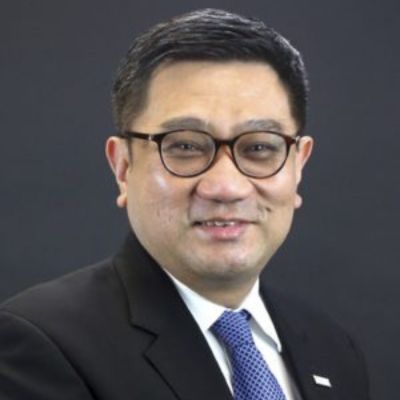
Written by Rizwi Wun
Partner, RHTLaw Asia
You may also like…
Welcome to Hangzhou! The AIPPI World Congress 2024
AIPPI World Congress 2024 opened its doors in Hangzhou, China, on Saturday, 19 October. All attending were warmly...
Crystalizing plant variety infringement protection in India
On September 20, 2024, the Delhi High Court ruled in Pioneer Overseas Corporation v. M/s Evercrop Agro Science &...
German criminal court finds three defendants guilty of fraud for sending misleading invoices to EUIPO customers
In September 2024, the Munich Court (Germany) found three defendants guilty of commercial gang fraud for sending...
Contact us to write for out Newsletter



